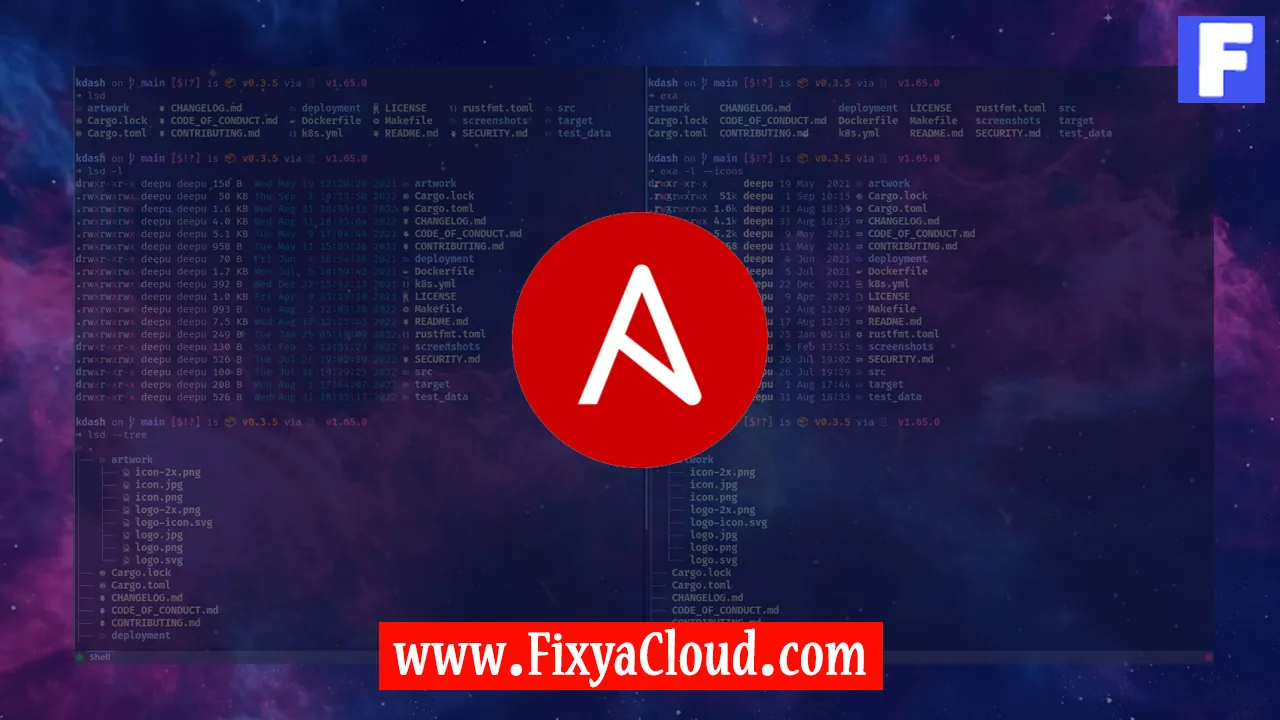Top 10 Ansible Modules for Docker Management

In the dynamic landscape of container orchestration, Docker has emerged as a powerful tool for packaging, distributing, and running applications within containers. Managing Docker containers efficiently is crucial, and Ansible, with its automation capabilities, offers a seamless integration for Docker management. In this article, we will explore the top 10 Ansible modules that simplify the process of handling Docker containers.
docker_container Module:
Ansible'sdocker_containermodule stands out as a fundamental tool for managing Docker containers. It allows users to create, start, stop, and remove containers with ease. To create a container named "web_server," the following Ansible playbook snippet can be used:- name: Create a Docker container
hosts: localhost
tasks:
- name: Create a container
docker_container:
name: web_server
image: nginx
state: starteddocker_image Module:
Thedocker_imagemodule facilitates the management of Docker images. Users can pull, build, and remove images effortlessly. For instance, to pull the latest Ubuntu image, the following Ansible playbook can be employed:- name: Pull Docker image
hosts: localhost
tasks:
- name: Pull Ubuntu image
docker_image:
name: ubuntu
source: pulldocker_network Module:
Networking is a vital aspect of Docker container management. Ansible'sdocker_networkmodule enables users to create and manage Docker networks. To create a bridge network, the playbook snippet below can be utilized:- name: Create Docker network
hosts: localhost
tasks:
- name: Create a bridge network
docker_network:
name: my_bridge_network
driver: bridgedocker_login Module:
Securing Docker registries is essential, and Ansible'sdocker_loginmodule streamlines the process of authenticating with Docker Hub or private registries. Here's an example playbook for Docker Hub login:- name: Docker Hub Login
hosts: localhost
tasks:
- name: Login to Docker Hub
docker_login:
username: your_username
password: your_passworddocker_compose Module:
Managing multi-container applications is simplified with thedocker_composemodule. Users can define their application stack in a Docker Compose file and deploy it effortlessly using Ansible. Consider the following playbook:- name: Deploy Docker Compose stack
hosts: localhost
tasks:
- name: Deploy with Docker Compose
docker_compose:
project_name: my_app
definition: /path/to/docker-compose.yml
state: present
Step by Step Instructions:
Installation:
Before using Ansible for Docker management, ensure that Ansible is installed on your system. You can install Ansible using your system's package manager or by following the official installation instructions on the Ansible website.Setting up Docker:
Make sure Docker is installed on the target host where you intend to manage containers. Follow the Docker installation guide for your operating system to set up Docker.Ansible Configuration:
Configure Ansible by creating an inventory file that includes the target hosts. Additionally, create a playbook file for Docker management tasks.# inventory.ini
[docker_hosts]
localhost ansible_connection=local# docker_management_playbook.yml
- name: Docker Management
hosts: docker_hosts
tasks:
# Include your Docker management tasks here
More Examples:
For more advanced use cases and examples, refer to the official Ansible documentation and Docker documentation. Explore additional Ansible modules and parameters to tailor your Docker management tasks according to your specific requirements.
Related Searches and Questions asked:
That's it for this topic, Hope this article is useful. Thanks for Visiting us.
